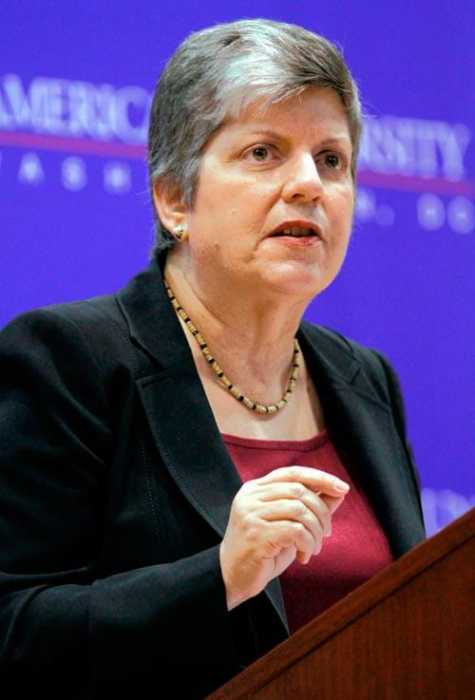Not many in the 15-nation Caribbean Community (CARICOM) are talking about it but there is mounting disquiet in the region about the very strong possibility that Venezuela’s opposition-controlled Congress may well alter or even pull the plug on the PetroCaribe concession oil deal which has been available to member states for the past decade.
Early indications are that legislators will as early as the first few sessions of the assembly next month begin to focus on the 2005 oil deal that allowed importing member states to pay down a portion for shipments in cash and pay the rest over time or barter supplies for rice like Guyana did before it was unceremoniously booted out of the program in recent months.
Political chatter about the program falling apart or being amended to reflect less favorable terms to Caribbean nations has been heightening in recent weeks especially after Deputy American National Security Adviser Ben Rhodes warned the region that the U.S. will not automatically step in to rescue the group of nations if the situation changes drastically.
“They have benefited substantially from Petrocaribe. We’re not going to be able to simply substitute American oil for Venezuelan oil. But what we have looked at is what is their energy security,” he said.
Vice-President Joe Biden and Caribbean leaders had held a summit earlier this year on regional energy security issues but officials say they are not holding their breath about any rescue or concession aid package from the U.S. as Washington is distracted by ISIS and other security matters.
Still, the disquiet about what the future holds is mounting. Jamaican officials for example, are convinced that the program will remain intact because the elections were for parliamentary rather than for the presidency and cabinet level positions.
Chris Cargill, chairman of the Petroleum Corporation of Jamaica surprisingly says that the region has some breathing space until general elections in 2019.
“The election was a parliamentary victory. It was not the national election which is due in 2019. No change can be executed to PetroCaribe before the national elections,” said Cargill.
But officials in St. Kitts, say they are playing a wait and see attitude to things Venezuelan even while admitting that the region has become rather comfortable if not dependent on the PetroCaribe arrangements.
At midweek, the Guyana Times newspaper published a piece out of Caracas saying legislators are adamant that they will alter or review the current arrangements in keeping with years of rather passionate opposition to the arrangements which were put in place by late socialist President Hugo Chavez.
The publication quoted Tomas Guanipa, secretary general for the Justice First party who said that his party would be seeking to revise all international oil agreements as the country badly needs the cash from its key national resource.
“We cannot continue selling oil due in 20 years when we need resources immediately. We will promote that our oil is for Venezuelans,” he is reported to have said.
While most of the participating member states monitor events in Caracas, Guyana is not too concerned about the situation.
Back in May, U.S. oil giant Exxon Mobil announced a significant oil find off the Guyana coast and it appeared to have angered Venezuela to the point where it stopped exchanging rice for oil under the deal.
Venezuela also altered its maps to claim the area with Exxon’s concessions as tensions boiled over. The result is that Guyana has gone back to Trinidad to buy its full supply of about 11,000 barrels of oil per day. When things were good, Venezuela supplied half and T&T the remainder so officials are not too worried while hoping that Exxon oil comes on stream in a hurry.























